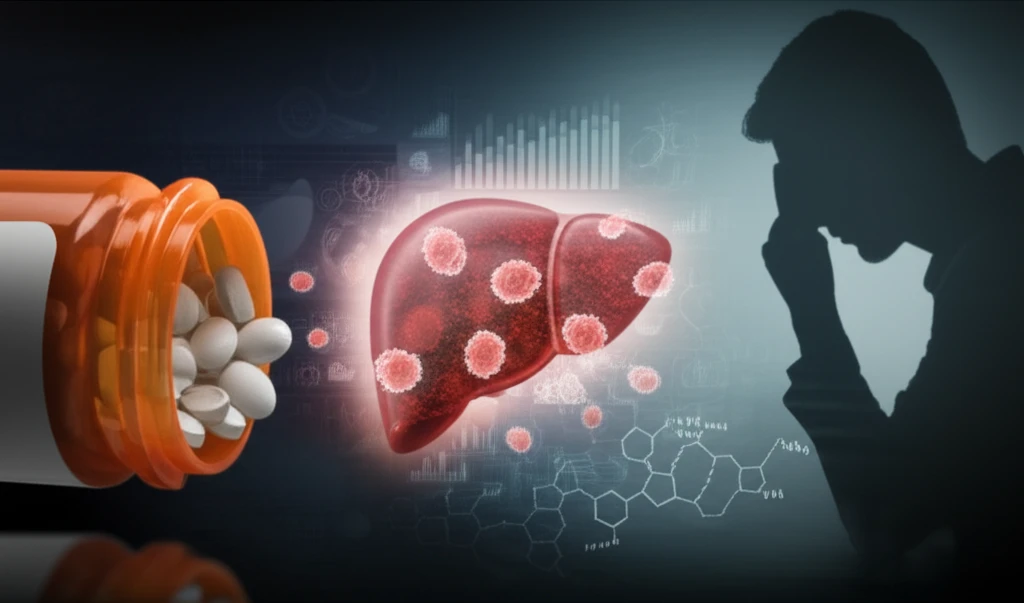
PPIs and Liver Cancer: What You Need to Know About the Risks
"Are your heartburn meds increasing your risk? Unpacking the latest research on PPIs and hepatocellular carcinoma."
Proton pump inhibitors (PPIs) are among the most commonly prescribed medications worldwide, primarily used to treat acid reflux, heartburn, and ulcers. These drugs, available both over-the-counter and by prescription, provide relief by reducing the amount of acid produced in the stomach.
However, as with many medications, concerns about potential long-term side effects continue to emerge. Recent studies have sparked debate over a possible association between PPI use and an increased risk of hepatocellular carcinoma (HCC), the most common type of liver cancer.
This article dives into the science behind these claims, examining the latest research, identifying potential risk factors, and offering practical guidance for individuals who rely on PPIs for managing their digestive health. Our goal is to provide a balanced perspective, helping you make informed decisions about your health in consultation with your healthcare provider.
The PPI-Liver Cancer Connection: What the Studies Say

Several studies have explored the potential link between PPI use and the development of HCC. One study, by Shao et al., published in Alimentary Pharmacology & Therapeutics, found an association between PPIs and an increased risk of liver cancer. This prompted further investigation into the topic.
- Study Design Matters: The conflicting results often stem from differences in study design, including cohort studies versus case-control studies. Each approach has its strengths and limitations, particularly when assessing long-term effects.
- Time-Related Biases: Some studies may be affected by time-related biases, such as 'immortal time bias' or 'time-window bias,' which can skew the results. These biases occur when the opportunity for events (like cancer diagnosis) isn't comparable between groups or when the length of follow-up varies.
- Population Differences: The prevalence of viral hepatitis (B and C) varies across populations, influencing HCC rates. In regions with high rates of viral hepatitis, like Taiwan, the primary drivers of HCC may differ from those in regions with lower rates.
Making Informed Decisions About PPI Use
The evolving research on PPIs and liver cancer risk underscores the importance of informed decision-making. If you're currently taking PPIs, especially for long-term management of acid reflux or other conditions, it's wise to discuss your concerns with your doctor. Together, you can weigh the benefits and potential risks based on your individual health profile and explore alternative strategies if necessary. Regular check-ups and open communication with your healthcare provider are key to ensuring your overall well-being.
